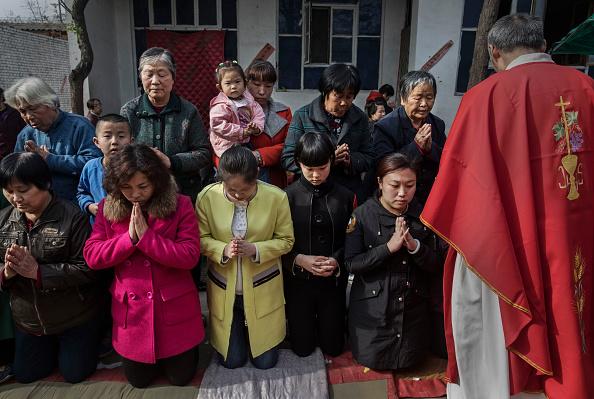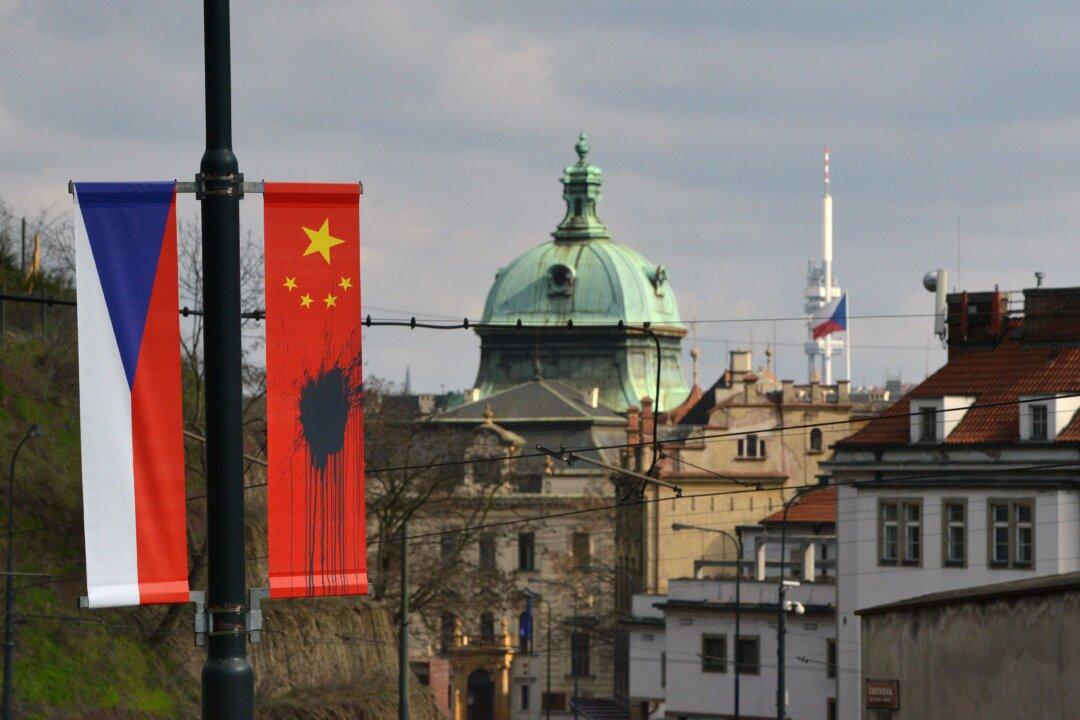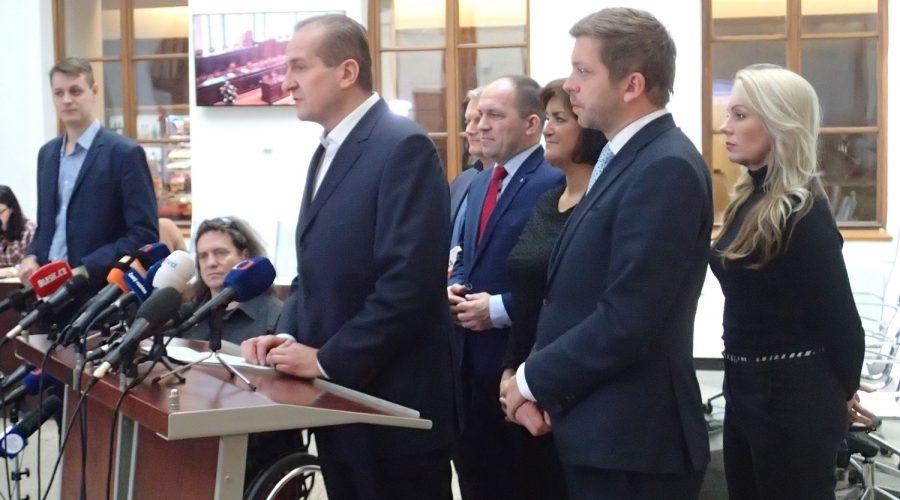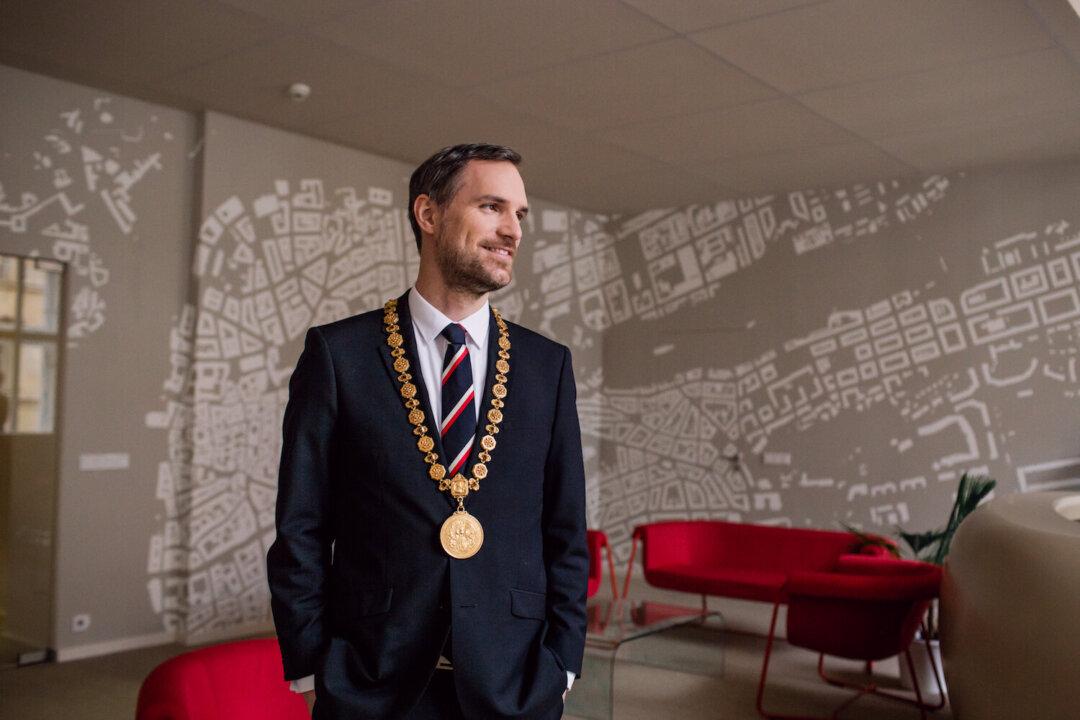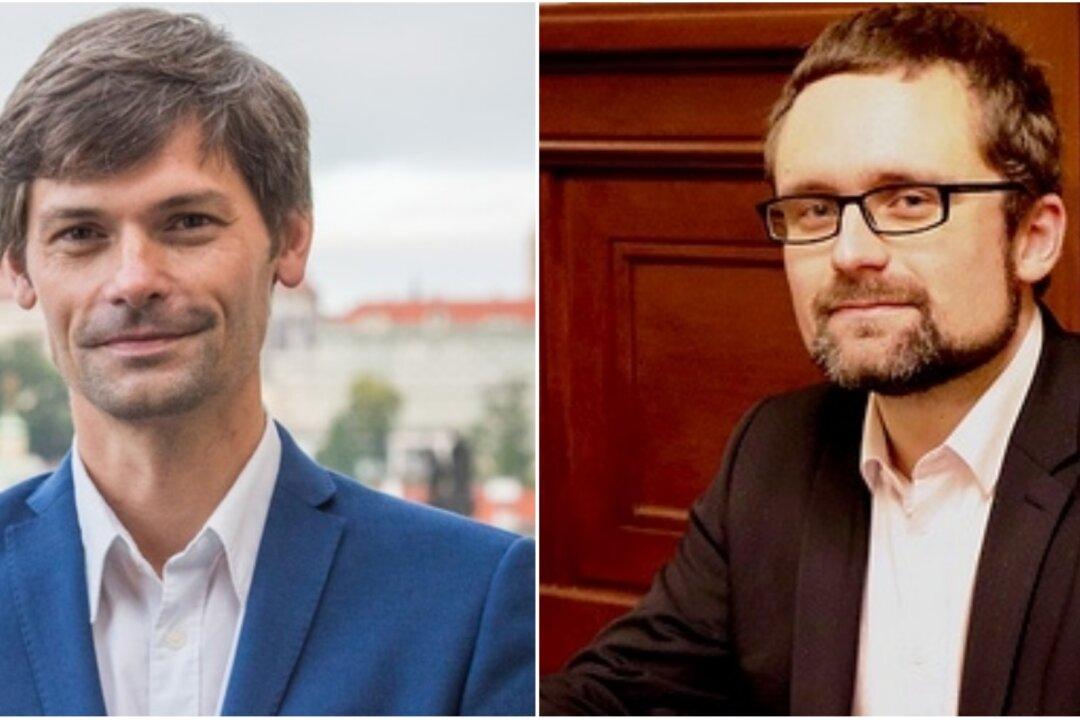The Czech Republic, the smaller of the economically prosperous countries of Central Europe, has accepted eight applicants for asylum from China—Christians who arrived in the Czech Republic from February to May 2016.
Although the Czech Republic and China have been pursuing very close political and business relations since 2014, the Ministry of the Interior officially confirmed the acceptance of eight Christians, citing the Chinese regime’s violation of human rights.
